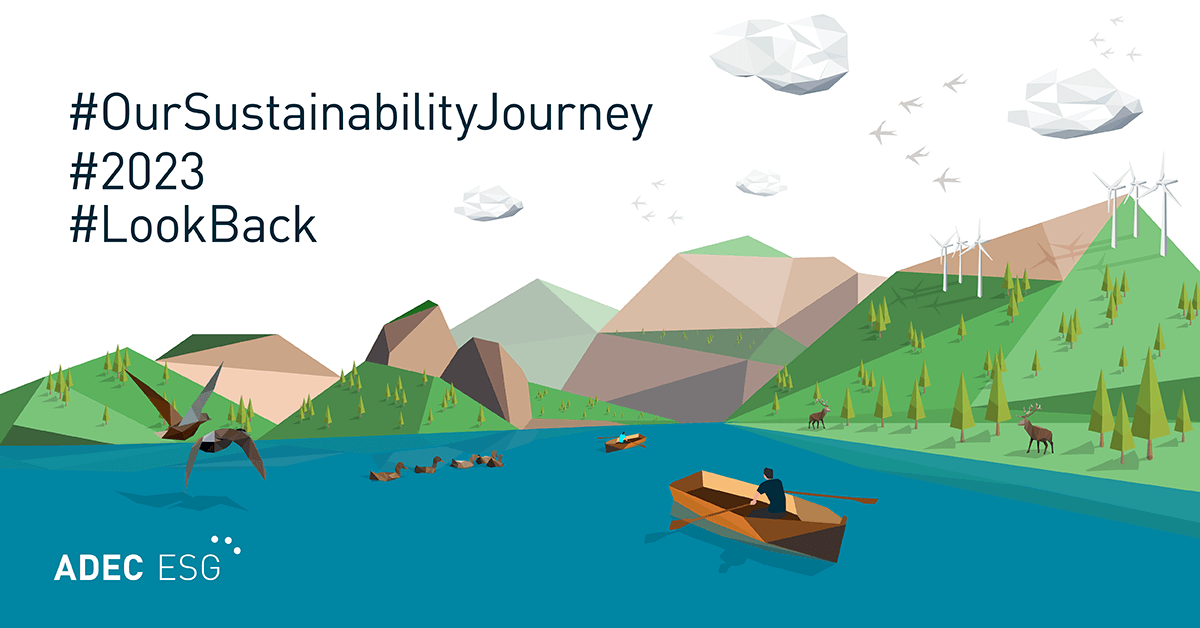 In the last decade, the impacts that climate change has brought upon us have become more and more compelling. With the increase of the Earth’s temperature, rising sea levels and melting polar ice caps, we can no longer deny the fact that the impacts and consequences of climate change is being felt all over the world. The recent United Nations Intergovernmental Panel on Climate Change (UN IPCC) supported these views and reported that the effects of climate change are due to worsen until the year 2050 if immediate action is not taken. The report also warned us that if we do not support climate change mitigation as soon as possible, then the constant burning of fossil fuels, deforestation and the increased growth of greenhouse gas (GHG) emissions will continue.
In the last decade, the impacts that climate change has brought upon us have become more and more compelling. With the increase of the Earth’s temperature, rising sea levels and melting polar ice caps, we can no longer deny the fact that the impacts and consequences of climate change is being felt all over the world. The recent United Nations Intergovernmental Panel on Climate Change (UN IPCC) supported these views and reported that the effects of climate change are due to worsen until the year 2050 if immediate action is not taken. The report also warned us that if we do not support climate change mitigation as soon as possible, then the constant burning of fossil fuels, deforestation and the increased growth of greenhouse gas (GHG) emissions will continue.
The Earth’s ecosystems and natural resources are diminishing due to climate change. The ability to adapt to and, more importantly, to mitigate climate change greatly affects every individual, community, country and government around the world. This shows how crucial it is for both the public and private sectors to work hand-in-hand in preventing further damages of climate change.The ever-changing effects of climate change presents a range of environmental risks that will significantly affect an organization’s operations, regulations, policies and stakeholders. Today, the environmental risks posed by climate change have started to make organizations more accountable for their social and environmental impacts.
As such, more and more organizations are including climate change as part of their corporate agenda. Private firms are now realizing that in order to gain a more competitive advantage in the industry, it is essential to foster strategies to engage stakeholders and disclose information on climate change mitigation, such as reducing the organization’s GHG emissions and creating more environmentally-friendly products and packaging.
1.) Climate Change Mitigation Strategies for Organizations 
According to the United Nations Environment Program (UNEP), strengthening climate change adaptation and mitigation strategies help improve the health of the world’s ecosystems. Here are several strategies that an organization may adapt as they include climate change mitigation in their corporate agenda.
2.) Integrating climate change mitigation measures in development planning and management practices
Organizations can start adapting this strategy through the promotion of sustainable land use management and reduction of GHG emissions. The private sector may cite their firm’s best practice examples by providing an annual report that shows their GHG emissions reductions across their value chain, both upstream and downstream, and through all the GHG scopes (1, 2, and 3). In addition, supporting local government efforts on programs against deforestation and land degradation also supports climate change mitigation.
3.) Supporting the use of low-carbon materials and facilities
Lowering an organization’s carbon footprint through the use of low-carbon materials and incorporating facilities that help reduce GHG emissions shows a firm’s dedication in climate change mitigation. Organizations that shift to new technologies by using renewable energy resources and more efficient energy systems help foster the development of low carbon societies all around the world.
4.) Working alongside governments and non-government organizations to support the climate change mitigation advocacy
Raising climate change awareness by working alongside governments and non-government organizations (NGOs) greatly strengthen the advocacy against climate change by conducting awareness-raising campaigns, outreach and education to the different stakeholders of an organization. Through the promotion of climate change programs, best practices and success stories, the organization helps its stakeholders be more exposed to climate-related issues, as well as its causes and consequences. Through these awareness campaigns, stakeholders will eventually be driven to take informed actions when it comes to climate change.
FirstCarbon Solutions (FCS) is a climate change solutions provider with the authority to give expert advice on how to develop solutions to climate change and cite best practice examples on how to incorporate climate mitigation strategies into your corporate agenda. For more information or to request a consultation, contact FCS today.





